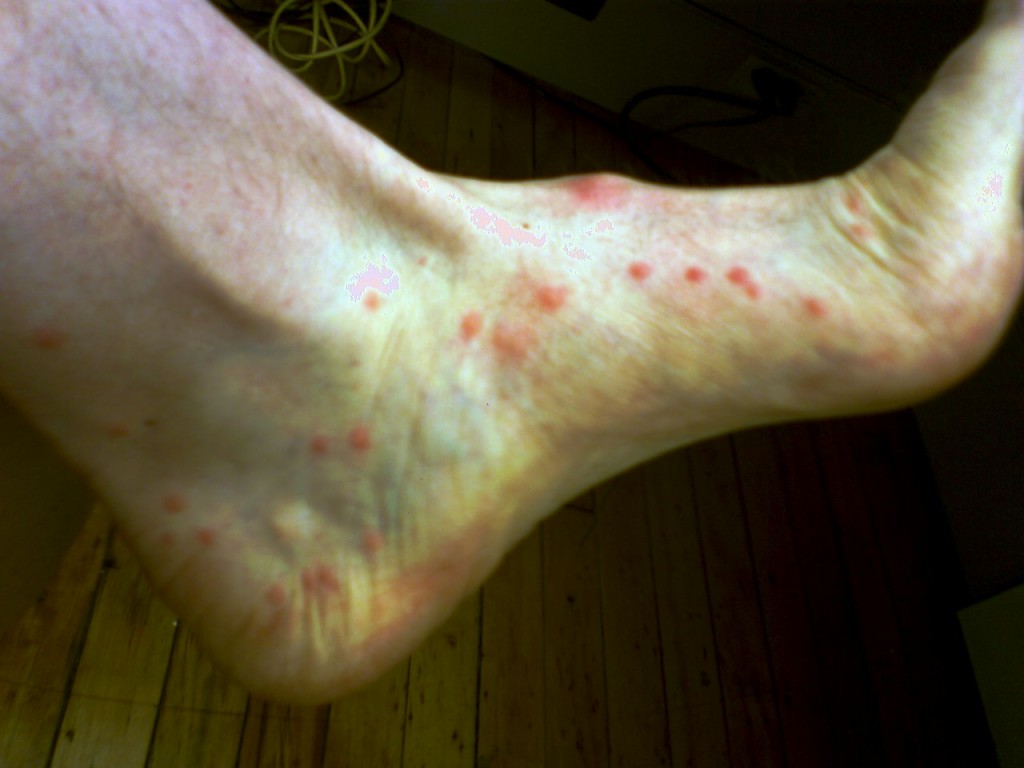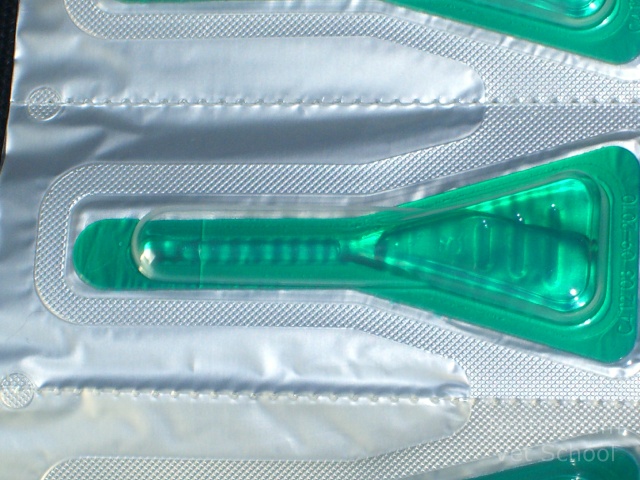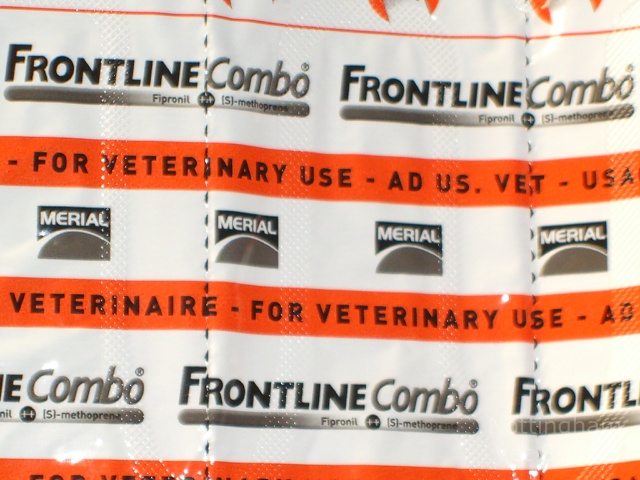The FDA Says Chemical Pesticides are Safe…
Are they really?
Every pet owner has had to deal with fleas at one point or another, but if you are one of those lucky owners who have yet to experience “fleabite fallout” from a flea infestation, you should knock on wood – do you know why?
Because all pets bring their owners a flea infestation resulting fleabites eventually, don’t they?
No, not all pet owners do.
Though it is highly likely that outdoor pets will get fleas from being outside, and then track the pests into the home to bite up both human and pet alike, just because you have a pet does not mean it will track fleas home.
This is especially true if you take preventative measures before an infestation can start.
Chemical Insecticides and Pesticides
Recently, we talked about natural flea remedies, but a number of chemical pesticides are available as well, and they are proven to be just as effective at preventing flea infestations and fleabites, if not more so than natural remedies in certain ways.

Sand Flea Bites by Jebb
Using them on your pets and in your home can pose some risks, and you will have to decide whether the risks are worth the reward.For example, not all pesticides are safe and nontoxic, even though the Food and Drug Administration says they are.
In fact, of the more than 500 pesticide products such as powders and sprays contain (S) – methoprene, which kills flea eggs and larvae, and more than 50 that contain fipronil, which kills live fleas, though few that contain both, according to the National Pesticide Information Center.

Fipronil Gel by Nottingham Vet School
Pet owners use these products on their pets willingly, often under the advice of or with a prescription from their veterinarian. The problem is weighing the effectiveness of the chemicals’ treatment and prevention of flea infestations against the potential risks to humans and pets.
Potential Health Risks Using Chemicals
The NPIC states that both the fipronil and (S) – methoprene can make humans and pets sick –even when they use the products normally.
In fact, the Food and Drug Administration states that both of the chemicals are safe for use as a flea repellant, with the condition that only a certain amount of the product be used.

Fipronil flea prevention by Nottingham Vet School
Additionally, product packaging must warn consumers of the dangers of using the flea powders, creams, sprays and other types of pesticide delivery systems containing the ingredients.
As for the chemical based flea repellant products’ effectiveness, the addition of the fripronel or (S) – methoprene, or both at the same time to any powder, creme, spray or even pet collar does ensure that live fleas, eggs, and larvae are killed, while preventing future infestations from happening.

Garlic as a natural flea repellant via Pixabay
Using a natural flea repellant will not harm humans or pets, on the other hand. The only real consequenses to using natural flea repellants happens only if the human or pet is allergic to an ingredient, or unusually irritable.
For example, as we mentioned in a previous post about garlic as a natural remedy, it does repel fleas, but in large doses can be irritable to a dog’s skin and GI tract.
The real question is whether you want to take the chance that the chemicals might do more harm than good, or if you’d rather not take the chance and go natural instead. Sure, natural remedies take longer, and may not be as effective as chemicals, but they do work and even smell good…
Have you thought about what type of flea repellent you might use? Let us know in the comments!


